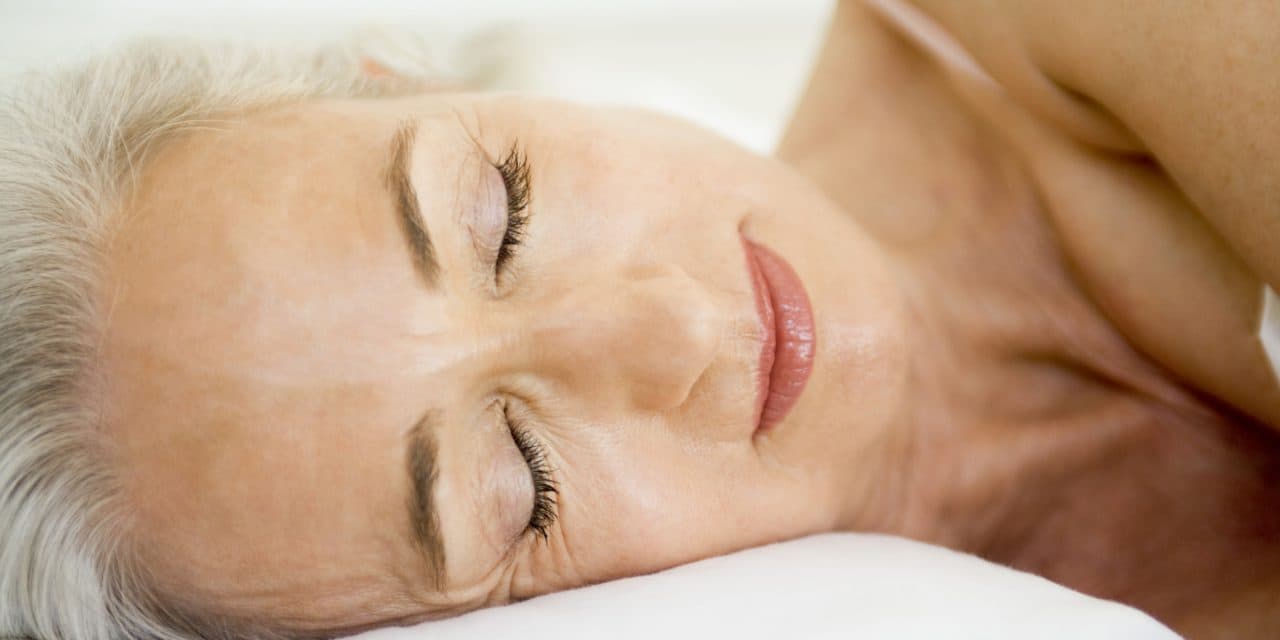Melatonin has a range of health benefits, and here we explain what it is, why it’s important and how to increase melatonin levels.
What is melatonin?
Melatonin is a natural hormone made by the pineal gland that sits in the middle of our brain. It is shaped a bit like a pinecone, which is where it gets its name. But it is tiny, about the same size as a grain of rice.
The pineal gland naturally ships melatonin to all parts of our body, using the blood circulation and spinal fluid as the carrier. It’s secretion usually follows a day/night rhythm (also known as a circadian rhythm), with the blood levels seen at night (about 2-4 hours after we go to sleep) being ten-fold higher than at the lowest levels corresponding to maximal daylight hours (in the middle of the day).
Because the release of melatonin follows a cyclical circadian pattern, the signals and the control it exerts is also cyclical.
So melatonin plays and important part in coordinating and synchronizing many other day-night cycles in our body. It also plays a role in putting us to sleep and keeping us asleep at night.
What can go wrong?
As we get older the efficiency of this daily cycle declines. This is partly because the peak in melatonin levels is only a quarter of that when we were young adults.
Some medicines (like beta blockers), caffeine and alcohol can also interfere with the melatonin cycle.
However, one of the most important things than impact on melatonin is the light. Bright light acts to suppress melatonin, so helps to keep us awake. It doesn’t even need to be that bright. Even the concentrated light of a laptop or smartphone is enough to keep melatonin levels down and delay onset of sleep.
Melatonin as medicine
Many people use melatonin to help them get to sleep at night and stay asleep. It is particularly popular to alleviate the symptoms of jetlag that occur because of an asynchronous biological clock as well as a lack of sleep. Some shift workers also take melatonin for the same reasons.
Melatonin is available as prescription-only in Australia, New Zealand, the United Kingdom and much of Europe. In Canada and America you can buy it over the counter.
Doctors usually prescribe large doses of melatonin (1-5 mg) when you are to use it as a medicine to get back into a regular cycle. This is several times more than your body normally releases during its natural cycles.
Although melatonin is not a sedative, those starting out prescription-strength melatonin for insomnia might feel sleepy or irritable the next day, but dropping the dose can usually fix these problems. Some users report reduced libido (possibly because they fall asleep), while others experience disturbing or vivid dreams, especially when taking melatonin with vitamin B6.
Pregnant women and those trying to become pregnant or who have epilepsy or autoimmune conditions should not take melatonin in any form.
Melatonin that is available over the counter in pharmacies and health food stores contains very small amounts of melatonin (<0.1mg). These doses are seldom enough to reset our body clocks or correct insomnia. Any sleepiness usually comes from sedatives that are included in the formulation.
If you have problems with your sleep cycle, such as early morning waking or difficulty getting the sleep, don’t ignore it – make an appointment to see your doctor. Maybe melatonin supplements can help you.
Increase melatonin levels naturally
There are ways to increase melatonin levels naturally.
We can get extra melatonin from foods such as bananas, tomatoes, apples, cherries, walnuts, sweetcorn, oats, brown rice and rice bran. A fresh serve of these would generally contain as much melatonin that many over-the-counter preparations have. Concentrated cherry preparations are out there with substantial melatonin contents.
Eating banana or walnuts before going to bed, however, won’t help us get to sleep.
Melatonin is made from the amino acid tryptophan. Some people take tryptophan supplements with a view to increase melatonin secretion, but there is no evidence that this works.
The simplest way to keep our melatonin levels up is by keeping our days light and our nights dark. If we expose ourselves to bright sunlight during the daytime, this serves to elevate our melatonin production at night, making the oscillations in our melatonin cycles bigger. So getting out and about not only helps us throughout the day but also at night.
Equally, sleeping in a dark room is important, as darkness is the main stimulant of melatonin production. Leaving televisions, computer screens or lights on – even with low-watt bulbs – near our sleeping areas significantly reduces our nightly production of melatonin.
Having and maintaining good quality sleep helps entrain a pattern of melatonin release that not only helps us sleep but also helps keep us healthy.
Last Reviewed: 07-Jul-2017
Dr Merlin Thomas
Latest posts by Dr Merlin Thomas (see all)
- How to increase DHEA levels - 28/09/17
- Testosterone supplement benefits & risks - 11/07/17
- Health effects of tea & coffee - 10/07/17






